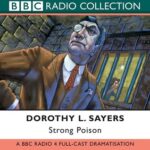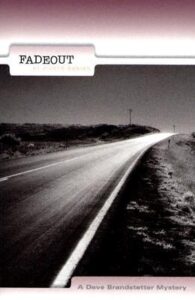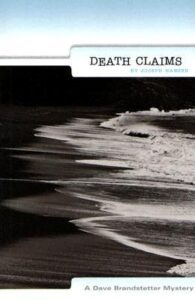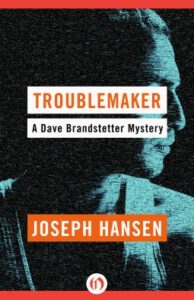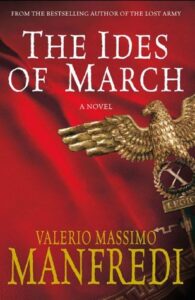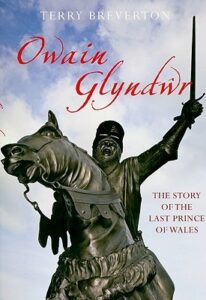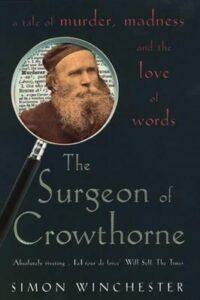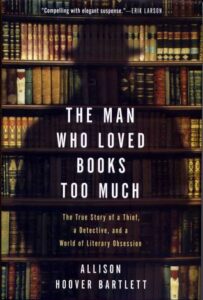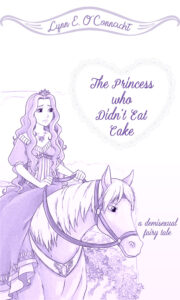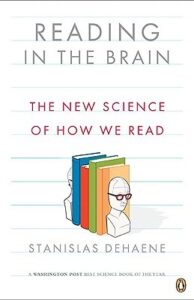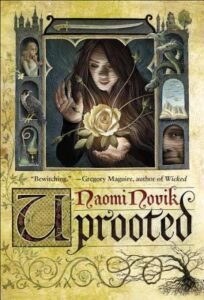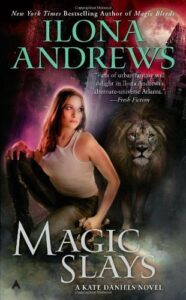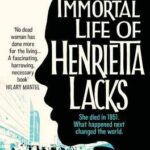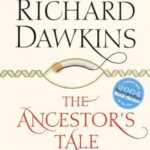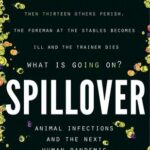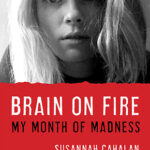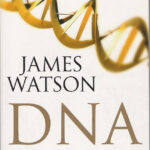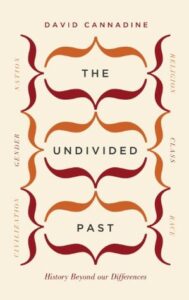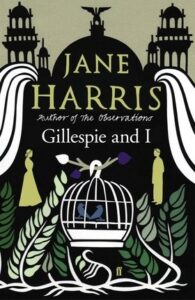 Gillespie and I, Jane Harris
Gillespie and I, Jane Harris
This book had a really weird effect on me: after I finished, I sat there wondering if I was like the narrator — self-deluding, manipulative, not able to see what I’m doing or worse, knowing and yet somehow still managing to tell the story as if I’m the victim. There was something just so well done and so unpleasant about the way the narrator tells her profoundly skewed version of events, and the slow way the hints pile up about that. The little details you need to keep in mind, because they suddenly reveal something huge.
The main character is not likeable, though she is at times pathetic in a way that makes you pity her; the others around her are much more alive and genuine, though you only see them through the biased eyes of Harriet. Again, you have to watch for the gaps to see why she’s so fascinated, how these characters really feel about her, what is really going on. It’s not a mystery novel, not really, and yet in some ways you need to read it like one, watching out for the gun in the first act that must go off by the fifth.
The narration and set-up is really clever; I enjoyed the book a lot, though I wouldn’t recommend it for people who like a quick payoff. It takes a while to really see where the novel is going and what it’s doing. Worth it, but not everyone’s cup of tea.


